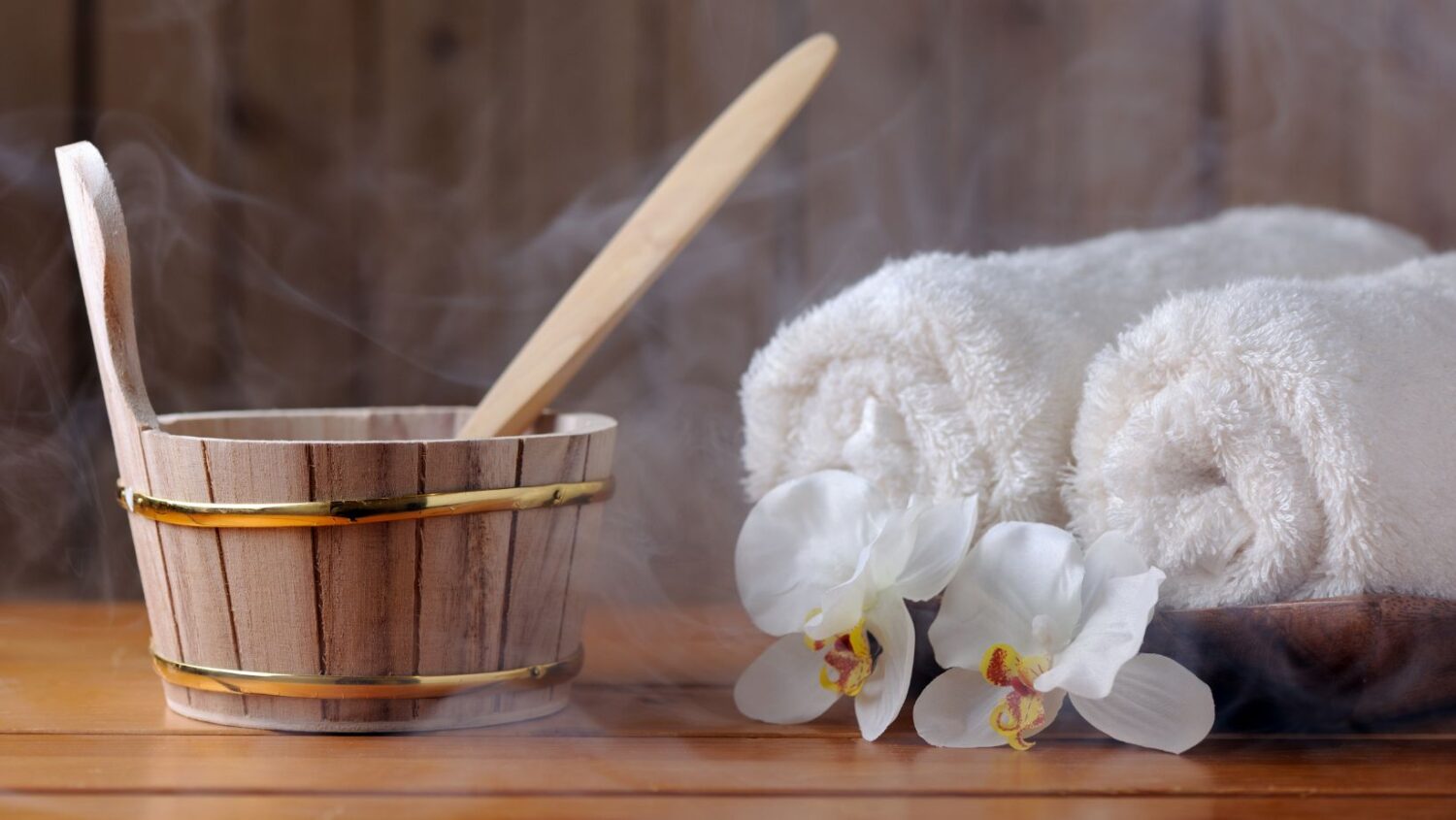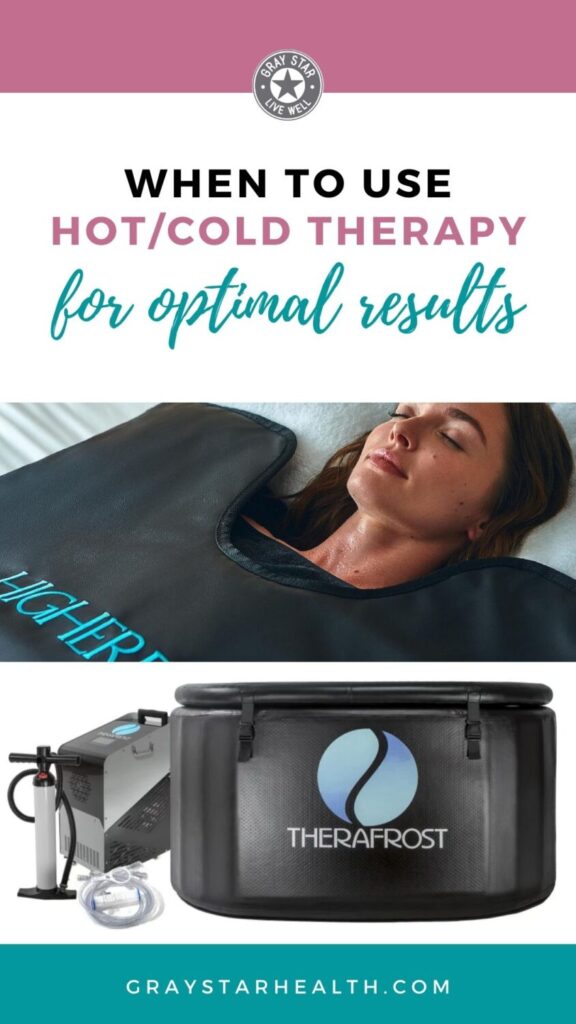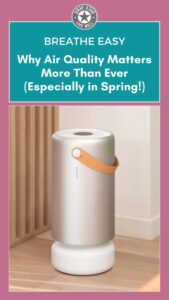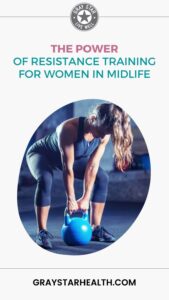When and Why to Use Cold Therapy
Both hot and cold therapies have their place to support your health and fitness goals.
Hot therapy refers to saunas – both Finnish and infrared – stream rooms, hot tubs and simply being active in the summer heat. Basically anything that exposes you to high temperatures counts.
Cold therapy refers to cold plunges, ice baths swimming in a cold ocean, river or lake, taking cold showers and going outside when it’s freezing. If it makes you shiver, it’s cold therapy.
When and Why to Use Hot Therapy
- Pre-Workout: Heat therapy can be beneficial before a workout, by warming up tissues, stimulating fluid movement and joint mobility.
- Post-Workout: A sauna session after working out can increase aerobic capacity, the amount of oxygen your body can process, plasma and red cell volume, and time to exhaustion.
- Detox: Breaking a sweat in a sauna (or steam room, or out in the hot sun) can help you eliminate excess toxins from your body.
- Oxidative Stress: Regular sauna usage lowers C-reactive protein levels and other markers of inflammation and oxidative stress.
- Heart Health: Research has shown that long-term sauna usage is linked to a lower risk of heart disease, heart disease mortality, and death from any cause.
When and Why to Use Cold Therapy
- After Intense Physical Activity: Cold therapy is a great way to promote recovery after physical activity. It reduces pain and inflammation to keep you feeling your best.
- But NOT Post-Strength Training: Immediately after strength training, cold therapy can interfere with muscle growth by blunting the necessary inflammation response. Wait at least six hours after your session.
- For Immunity: Research shows that individuals who are regularly exposed to cold get sick far less often than people who avoid the cold.
- Calorie Burning: Cold exposure forces your body to burn more energy to maintain its temperature, thus increases your calorie expenditure for the day.
- Better Sleep: Body temperature drops at night to prepare for sleep. A cold bath or shower has been shown to support better sleep quality.

Seasonal Considerations
While there many options for hot and cold therapy – saunas, sauna blankets, ice baths and more – don’t forget to use nature and take advantage of cold exposure in the winter and hot therapy in the summer. While it’s natural and beneficial to seek out the sauna when it’s cold and a cold plunge when it’s hot, training your body to tolerate both extremes—cold in the winter and heat in the summer—can have significant benefits.
Best Practices
Used together, hot and cold therapies are a powerful combination to support your overall health and wellbeing.
For heat
- Stay hydrated. Drink water with electrolytes during and after a session
- My favorite electrolytes are LMNT
- And I really like Redmond’s Re-Lyte too!
- Start slow and build your time up slowing. Don’t overdo it.
- Dizziness or lightheadedness, extreme fatigue, confusion, and weakness are signs that you’ve spent too much time in the heat. Get out.
- Keep it to 3-4 times a week.
- Recommended Sauna Products
- SaunaSpace – this is what I have in my home and LOVE
- Code Laini to save 10%
- Therasage Infrared – I love this company and have many of their products
- Code Laini to save 10%
- Higher Dose Sauna Blanket
For cold
- Swimming in cold water is plenty. Swimming in a cold lake, river, or ocean is in many ways preferable to a tub. Even a cold shower works.
- Get out before you start shivering, at least for beginners.
- Don’t hold your breath while in the cold. Breathing is highly recommended!
- Recommended Cold Plunge
- Therasage Therafrost – Code Laini to save 10%









